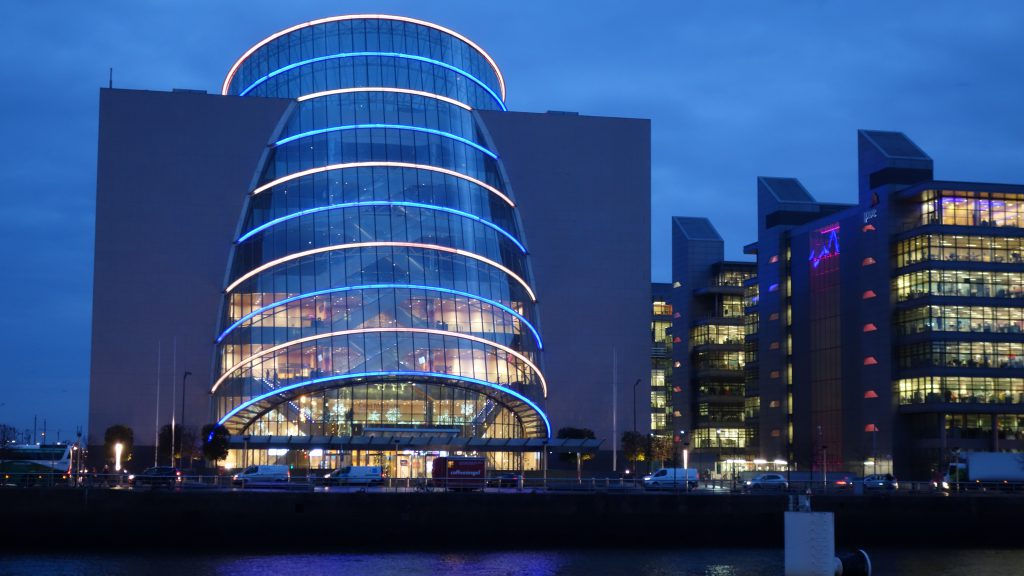What is MND
Find support
I have MND
I am supporting someone
Get involved
Research
About MND Scotland

This gathering, organised by the MND Association, in partnership with The International Alliance of ALS/MND Associations brought together professionals in the sector to highlight advances in research and clinical practice. We heard from two attendees on their highlights from the convention.
Scottish MND Clinical Specialist
Since joining the Motor Neurone Disease Clinical Team in June of last year this was, obviously, my first attendance at the International Symposium on ALS (or Motor Neurone Disease as we know it).
Whilst having attended conferences in the past this one was a little different in that it brought together researchers, neurologists, nurses and other allied health professionals, from around the world, together in one place with one aim – sharing knowledge and resources to inform our practice to give us greater capacity to improve the lives of people living with MND.
As I work alone in my little patch of central Scotland you cannot help but sometimes feel that you are somewhat isolated from what is going on in the world of MND. Attending the symposium made me feel part of a collective and as Aisling Farrell, CEO of the Irish Motor Neurone Disease Association, quoted from the works of the Irish poet William Butler, “There are no strangers here, only friends that have not yet met”. The Symposium most certainly felt as though I was meeting friends with a common cause that we are all passionate about – fighting for a world free of MND. It was great that so many of our Scottish Clinical Specialists were also able to attend to champion our colleagues, who were presenting their work via posters at an exhibition. As a practitioner I got a huge amount of satisfaction from seeing our Scottish colleagues presenting the work that we are doing every day on an international platform.
The symposium programme was pretty full on starting at 8.30am with a total of 14 or 15 spoken presentations from around the world then finishing later in the evening with individual poster presentations. There were two very distinct choices of presentations to attend; Biomedical or Clinical. It was the second which was of particular interest to myself. There were so many ideas that I took from the symposium ranging from looking at using social media to provide patients with up to date publications and inform them of opportunities in their own community, or implementing a quick self-scoring tool to assess difficulties with swallowing. It also posed lots of questions that I will take back to my colleagues in NHS Forth Valley and Fife.
I hope that the Dublin symposium is my first of many in the years to come and I look forward to working with my amazing colleagues in the future making a difference for people with MND day by day.
NHS Greater Glasgow and Clyde
It was a privilege and an exciting opportunity to attend the International Symposium on ALS/MND, which brought together a showcase of many important developments in scientific research and clinical practice. Over the course of the three days I was amazed at the breadth and depth of high quality research in this area, spanning genetics to multidisciplinary management and policy development. It was an honour to contribute to this and speak to my own work, which I presented at a poster exhibition, detailing the development and initial findings of a pilot neuropsychological assessment pathway within my service that I helped develop.
There was something for everyone at this event and I, as a Clinical Neuropsychologist, who holds great interest in the cognitive and emotional aspects of neurological illness, was pleased to see that these often overlooked areas were given coverage and attracted largeaudiences. Dr Thomas Bak from Edinburgh University delivered an excellent platform presentation on the theory as to why cognitive symptoms are an integral part of the ALS/MND symptom spectrum. His work highlights how the motor system and cognitive circuits in the brain are more linked than what we previously understood. This explains why up to 50% of people with MND may experience cognitive changes with a likely underlying genetic basis. These cognitive symptoms should not be underestimated and can have a significant impact on quality of life for the person with MND and their families and carers. Early identification of these symptoms can reduce the impact on the patient and family system.
Treating the emotional distress in this condition, where concerns and worry are very rational, can be difficult using the lens of mainstream mental health approaches that focus on depressive and anxiety conditions. Dr Francesco Pagnini of the Catholic University of Milan delivered an interesting presentation on his study of the effectiveness of an ALS-specific mindfulness based intervention. His work has found that people with ALS who received an eight week meditation training program reported an improved quality of life, better psychological well-being, and having more functional coping strategies. Could intervention like this be offered as part of integrated multidisciplinary care as standard?
I had the opportunity to present my own work at one of the evening poster sessions and enjoyed sharing with attendees my experiences of delivering a neuropsychological assessment pathway as part of the multidisciplinary team in MND. The feedback and questions I received from fellow professionals were very encouraging and I’m sure everyone who attended this conference left feeling that we can make a difference to the lives of people living with MND.
Sign up
for newsletter
Get the latest news and events straight to your inbox
You can help create a world without MND